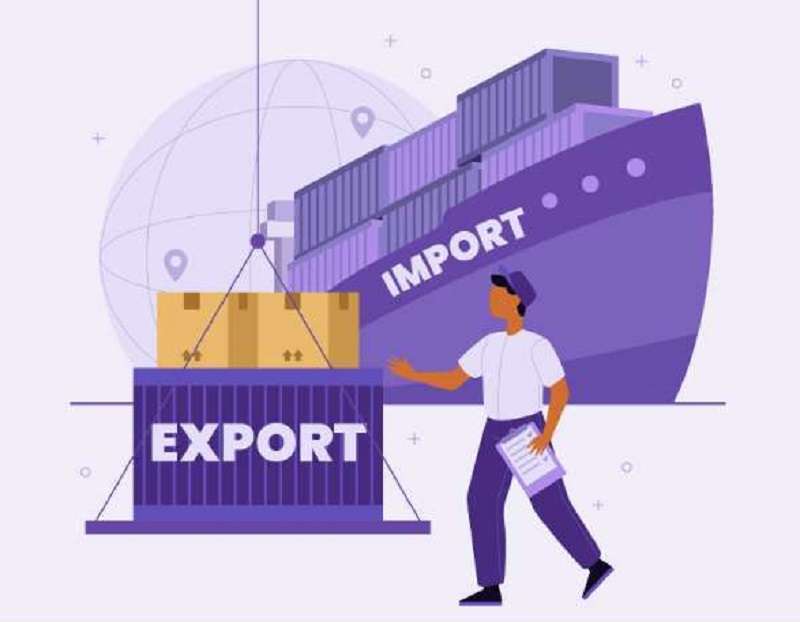Nepal’s exports reached an all-time high of Rs 277 billion in the fiscal year 2024/25, according to trade data released by the Department of Customs on Tuesday. The record surge was largely attributed to a sharp increase in refined edible oil exports, particularly soybean and sunflower oil, to India.
Industry experts, however, warn that the rise in exports may not reflect sustainable growth. Soybean and sunflower oil alone accounted for 43 percent of total export value, highlighting Nepal’s heavy dependence on a few re-exported commodities. These oils are mostly repackaged in Nepal and shipped to India, capitalizing on the tariff benefits offered under the South Asian Free Trade Area (SAFTA) agreement.
Recently, India reduced its import duty on sunflower, soybean, and palm oil from 20 percent to 10 percent. As a result, the preferential duty-free access for Nepali exports under SAFTA has lost some of its competitive edge, leading to a decline in refined oil exports, according to industry insiders.
Trade analyst Ravi Shankar Saiju noted that while headline export figures may appear encouraging, they are unlikely to be sustained without structural improvements. He emphasized that Nepal’s export performance is closely tied to India’s import policies and trade preferences, rather than a genuine increase in domestic production capacity or product diversification.
“This is not a case of growing domestic manufacturing,” Saiju stated. “As long as Nepal benefits from India’s tariff policies and SAFTA provisions, exports may appear strong. But when those advantages shift, so does the trade flow.”
He stressed the need for a long-term strategy focused on value-added production within Nepal. Instead of importing refined oil for re-export, Nepal should import raw soybeans, produce oil domestically, and then export both oil and byproducts such as soybean meal. Such a shift would enhance local value addition and job creation, added Saiju.
Nepal’s export had previously reached Rs 200 billion in FY 2021/22, but the figure declined the following year after India reduced import duties on edible oils from other countries, making Nepali products less competitive.
Imports also rose in FY 2024/25, with Nepal bringing in goods worth Rs 1.804 trillion. Although this figure surpasses the previous two fiscal years, it remains below the all-time high of Rs 1.92 trillion recorded in FY 2021/22.
With both exports and imports increasing, Nepal’s total foreign trade exceeded Rs 2 trillion last fiscal year, reaching Rs 2.081 trillion. India remains Nepal’s dominant trading partner, serving as the destination for nine of Nepal’s top ten export items. The only exception is carpets, which are primarily exported to the United States.










